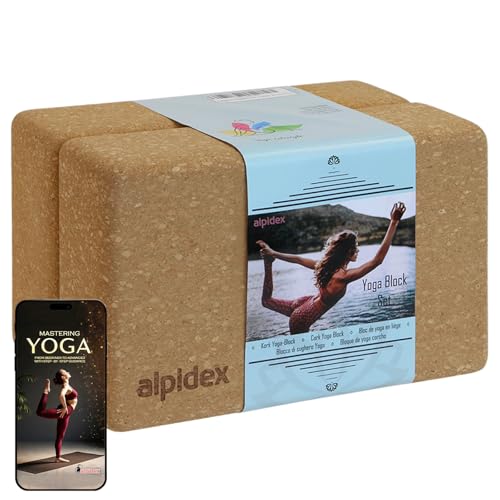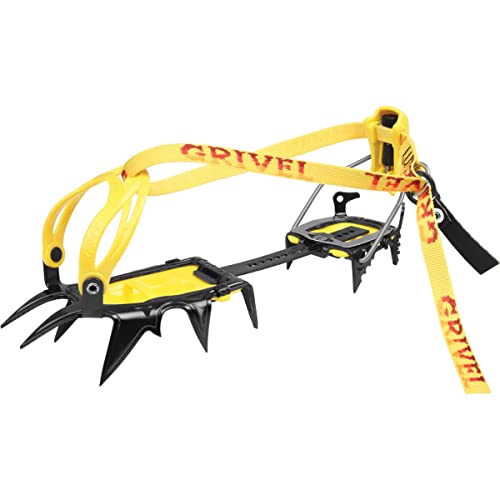Understanding Yoga Blocks: What They Are and How They Enhance Your Practice
What Are Yoga Blocks?
Yoga blocks are sturdy, supportive tools used to enhance your yoga practice by providing stability and balance. Typically made from foam, cork, or wood, these blocks help practitioners of all levels improve their alignment and reach in various poses. For instance, if you struggle to touch your toes, a block can elevate your hands, making the asana more accessible and comfortable.
How Do They Help in Your Practice?
Integrating yoga blocks into your routine can significantly enhance your experience on the mat. They assist in maintaining proper form, allowing you to hold poses longer without straining. Imagine performing a downward dog—by placing a block under your hands, you can create a more stable base, reducing the risk of injury. Additionally, they can support your back in restorative poses, helping deepen stretches and improve relaxation.
Types of Yoga Blocks: Choosing the Right Material for Your Needs
Foam Blocks: Lightweight and Versatile
Foam blocks are an excellent choice for beginners due to their lightweight nature and soft texture. They come in various densities, providing varying levels of firmness. If you’re new to yoga, these blocks will make moving through poses easier while ensuring you feel safe and supported.
Cork Blocks: Eco-Friendly and Sturdy
Cork blocks have gained popularity for their durability and eco-friendliness. They offer a firmer support compared to foam, which is ideal for those who practice more advanced poses. If you prefer a natural material that aligns with a sustainable lifestyle, cork blocks could be the perfect match for you.
Wooden Blocks: The Classic Choice
Wooden blocks are solid and heavy, offering maximum stability. They are often preferred by seasoned practitioners who appreciate a sturdy base during complex asanas. If you are looking for something durable that will last for years, wooden blocks could be a worthwhile investment.
Size Matters: How to Pick the Perfect Yoga Block for Your Body
Choosing the Right Dimensions
When selecting a yoga block, size plays a crucial role in how effectively it supports you. Standard blocks typically measure 30 x 15 x 10 cm, which is suitable for most practitioners. However, if you have a larger frame or need extra height in your poses, opting for a wider or taller block may enhance your comfort and accessibility during practice.
Considering Your Practice Style
Your style of yoga can also dictate which size block works best. For restorative yoga, larger blocks may provide better support, while smaller, lightweight blocks can be more manageable for fast-paced styles like vinyasa. Think about your individual needs and preferences as you explore your options.
Using Yoga Blocks Safely: Tips for Beginners to Avoid Injury
Starting Slow with Props
As you begin to utilise yoga blocks, start with simple poses to understand how they can assist you. For example, in triangle pose, place a block under your hand for stability while you build strength and flexibility. Avoid pushing beyond your limits; using blocks is about making poses accessible, not modifying them to extreme levels.
Understanding Your Body’s Signals
Listen to your body while using yoga blocks. If something feels uncomfortable, assess your positioning and how you’re using the block. The goal is to enhance your alignment, not to force your body into a position. Practising mindfulness during yoga will help ensure a safe and beneficial experience.
Where to Buy Yoga Blocks: Our Recommendations for Quality and Value
Physical Retailers and Yoga Studios
To get a feel for different types of blocks, try visiting local sports stores or yoga studios. Here, you can compare materials, sizes, and weights in person, which can make your decision easier.
Online Shopping for Convenience
If you prefer shopping online, many reputable retailers offer a wide range of yoga blocks. Look for those with detailed descriptions and customer reviews to ensure the quality and suitability of your choice. Additionally, consider retailers that provide easy return policies, which can allow for a hassle-free exchange if the block doesn’t meet your needs.




















